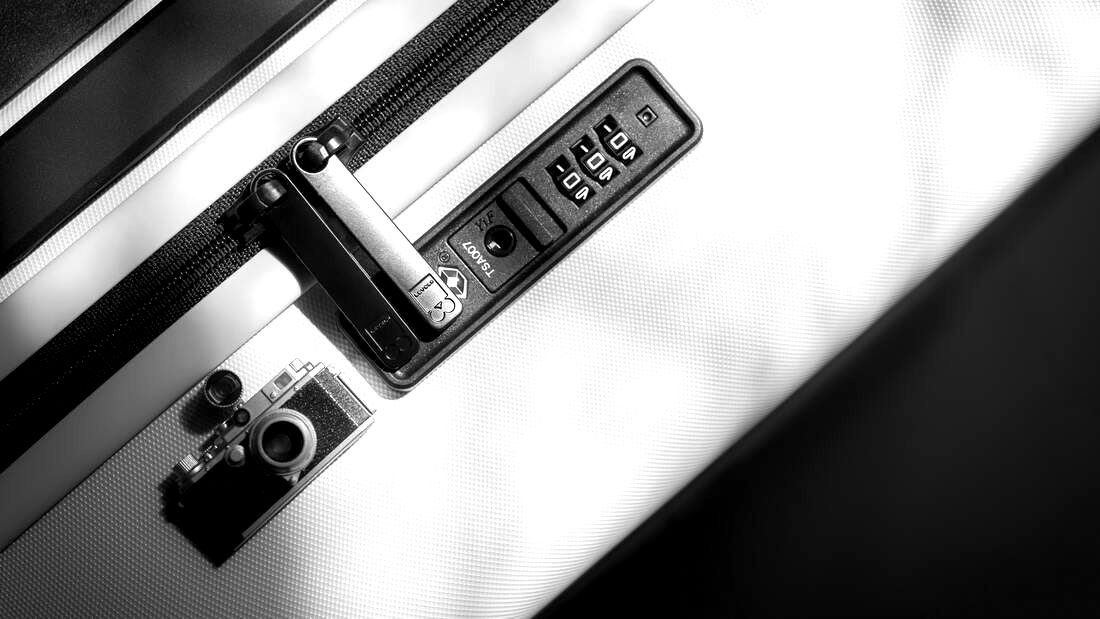|
With the pandemic under control and the summer solstice two weeks away, millions of Americans are once again daring to travel to foreign destinations. Many might be concerned about world events intruding on the ability to travel. But few are ready for how intrusive government surveillance of our personal digital devices can be at the U.S. border.
This is a good time, then, to turn to the Electronic Frontier Foundation, and the primer written by Sophia Cope, Amul Kalia, Seth Schoen and Adam Schwartz on the legal, constitutional, and practical aspects of the government’s digital surveillance at the border. This paper, now a few years old, remains a thorough account of what happens at international airports, seaports and entry stations at U.S. land borders with Canada and Mexico. On the practical side, EFF’s paper advises travelers on how to use encryption and cloud storage to prepare data for the U.S. border. It explains how Customs and Border Protection can worm past encryption and under some circumstances view your data on the cloud. It advises travelers on how to avoid behavior that attracts suspicion and how to calmly deal with requests for passwords into one’s devices. The border is a privacy disaster because the sum of federal courts’ decisions leaves the Fourth Amendment at the border as more of an aspiration than a constitutional stricture on government behavior. This hash of a doctrine arises out of the Supreme Court application of a “border search exception” to protect the integrity of the U.S. border. Courts parsed this doctrine to make distinctions between “routine” searches that do not require suspicion of a particular individual, and “highly intrusive” searches that impact the “dignity and privacy” of individuals (and yes, that’s exactly what it sounds like). The latter kind of search requires an “individualized suspicion.” In a grey zone are searches of Americans’ and other travelers’ digital devices. PPSA has reported on the routine sweeping of Americans’ laptops, cellphones, tablets and other digital devices on returning to the United States from abroad. Electronic devices are searched at the border tens of thousands of times every year. In denying police the ability to examine all the contents of a suspect’s cellphone without a warrant in Riley v. California (2014), the Supreme Court made an eloquent defense of digital technology as holding “the privacies of life.” Let us hope the courts take a closer look and find that this is just as true at the border. Comments are closed.
|
Categories
All
|


 RSS Feed
RSS Feed